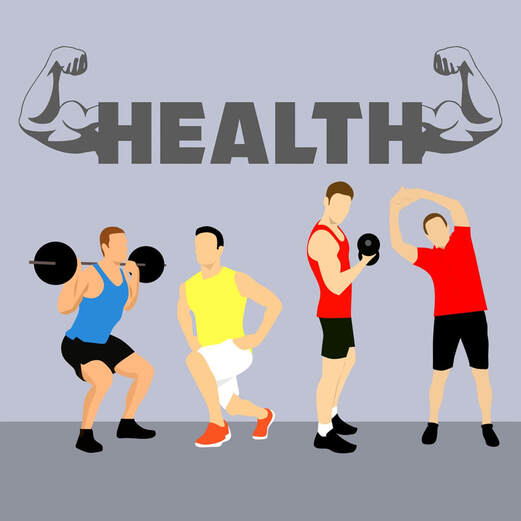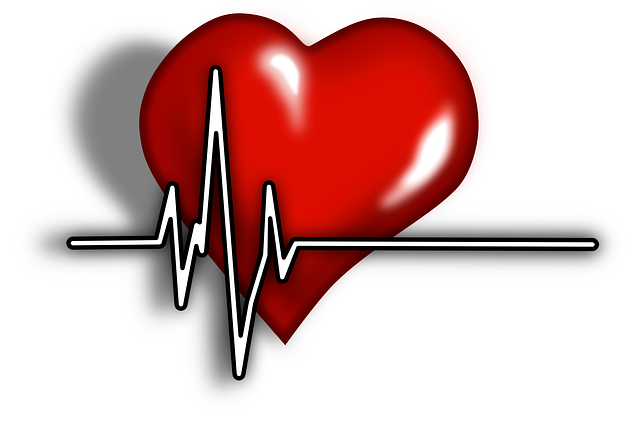|
We are familiar with the idea that emotions (such as stress) can influence our behaviors, such as leading to an increase in eating junk food or binge watching shows on Netflix. But how do health-related behaviors such as physical activity, eating, and sleep impact our emotions? In “Eat, Drink, and Be Sedentary”, the authors share what they learned after reviewing research on how these behaviors influence our moods and coping. I hope this blog post will share new information that will help readers be more self-aware and encourage healthy habits.
Physical Activity
The terms physical activity and exercise are commonly used interchangeably- in this blog post these terms refer to movements designed to improve one’s physical fitness. The research shows that in addition to reducing depression and anxiety symptoms, exercise is found to help prevent negative emotions and stress response for physically active individuals when faced with new or sudden stressors relative to physically inactive individuals. From clinical experience and general observation, I see that stress often leads to the opposite response- that most people under seem to decrease or stop exercising. I think interventions such as developing SMART goals, thoughtful planning to overcome potential barriers for exercise, and identifying someone who can provide support and friendly accountability can help with consistency. As a healthcare provider, I am more concerned when patients stop exercising because this limits the mental and physical benefits and potentially increases risks for other mental/physical/behavioral concerns. The authors also address how workouts can be enjoyable to some while “torturous” for others. Variables such as nutrition, fitness level, individual temperament, ventilatory threshold, and lactate threshold all play a role. Generally speaking, aerobic activity (for example, swimming laps, brisk walking, or riding a bike) that’s not yet intense enough to be anaerobic (for example, jumping, sprinting, or heavy weight lifting) is experienced as pleasurable. What about individuals who find anaerobic activities to be fun and preferable to aerobic only activities?
The research suggests that those who tend to be reward seeking, prefer high arousal states, and like to be challenged receive a pleasure effect from more intense exercises.
In part 2, I will review the effects of sleep upon emotions and mood. Until then, <3 be well ! Reference: Epel, E. et al (2018). Eat, drink, and be sedentary: A review of health behaviors’ effects on emotions and affective states, and implications for interventions. Handbook of Emotions, 4th edition. Guilford Press: New York.
For help with stress management, treatment of depression, or support to improve health related behaviors, I offer counseling services via telehealth to California residents. I invite you to call or email for a free 15 minute consultation. - Dr. Melissa Soo Hoo, Sequoia Counseling and Wellness Services All blog posts from Dr. Soo Hoo are provided for educational and informational purposes only. As Dr. Soo Hoo is a licensed clinical and health psychologist, we must make it clear that nothing on the blog is intended to constitute medical or psychological advice, consultation, recommendation, diagnosis, or treatment. If you are concerned about your health, please seek appropriate care in your area. Comments are closed.
|
Hours Mon-Fri: 8am - 5pm
|
Telephone 949.337.1034
|






